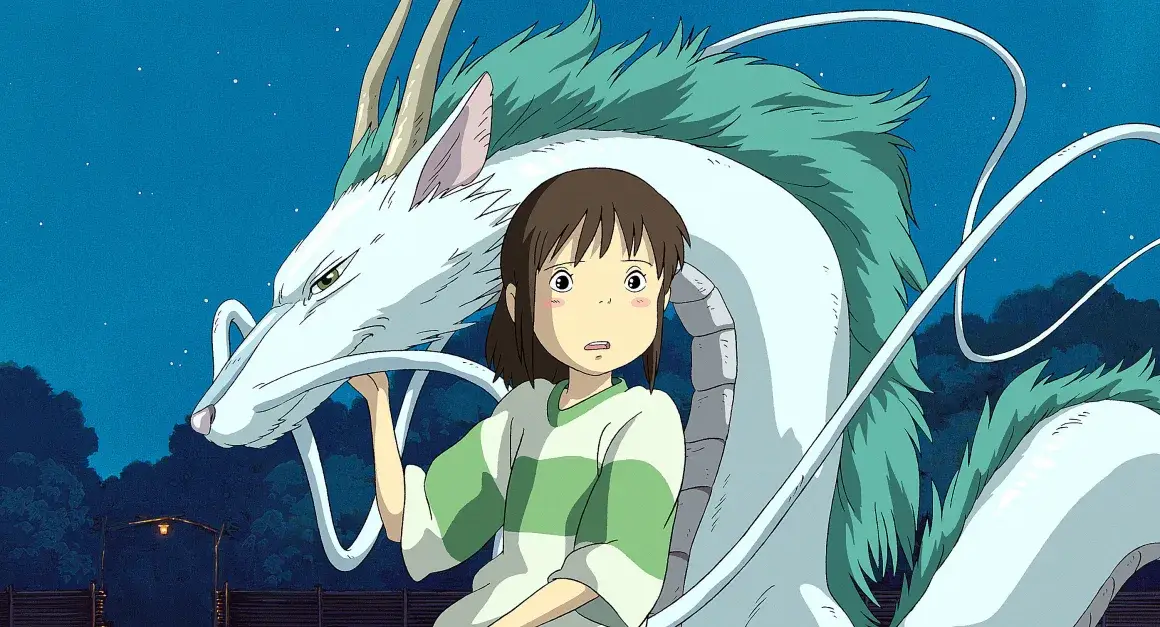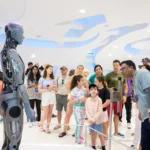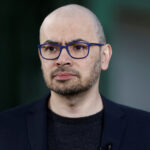Days after OpenAI released its most advanced AI image generator to date, a new trend across social media has quickly emerged, with users imitating the work of Japan’s renowned animation studio, Studio Ghibli. The phenomenon highlights both the impressive capabilities of OpenAI’s latest GPT-4o update and the growing concerns about copyright and originality in AI-generated art.
The Latest Advancements in GPT-4o
The new GPT-4o update, released on Tuesday, introduces several key improvements to the platform, including enhanced text rendering and the ability to follow more complex and detailed prompts. OpenAI’s website notes that the update has been trained on a vast range of image styles, allowing it to generate still images and videos that replicate famous animation styles, from “South Park” to classic claymation.
However, one style quickly dominated social media platforms like X (formerly Twitter) and Instagram—Studio Ghibli’s distinctive visual approach. Fans of the studio’s iconic films, such as Spirited Away and Howl’s Moving Castle, began using GPT-4o to recreate beloved scenes and characters in the Ghibli style. The trend spread rapidly, with users also putting Ghibli-inspired spins on various pop culture and political moments.
From Memes to Movie Trailers: The Ghibli Influence
Social media users leveraged OpenAI’s text-to-video service, Sora, to create everything from reworked movie trailers to viral memes in Ghibli’s iconic style. Among the most notable creations were a re-imagined trailer for The Lord of the Rings: The Fellowship of the Ring, scenes from The Sopranos, and a depiction of the heated exchange between Donald Trump, JD Vance, and Ukrainian President Volodymyr Zelensky. Ghibli-style versions of popular internet memes, such as the “distracted boyfriend” and the “bro explaining” meme, also gained widespread attention.
One of the most viral posts featured Elon Musk, based on a recent video of him balancing spoons during a dinner hosted by Trump. This Ghibli-style interpretation of Musk playing with cutlery captivated thousands online.
Studio Ghibli Co-Founder’s Stance on AI-Generated Art
Despite the trend’s popularity, it has sparked controversy—especially among fans of Studio Ghibli and its co-founder, Hayao Miyazaki. In a 2016 video, Miyazaki voiced his opposition to AI-generated art, calling it an “insult to life itself.” Known for his commitment to hand-drawn animation and meticulous frame-by-frame work, Miyazaki expressed disgust at the idea of AI technology being used to create art.
“I am utterly disgusted,” Miyazaki says in the video, reacting to a monster character generated by AI. “If you really want to make creepy stuff, you can go ahead and do it, but I would never wish to incorporate this technology into my work at all.”
AI and Art: A Growing Debate
OpenAI’s new image generator has reignited discussions about the role of AI in the creative industry. This comes after nearly 4,000 people signed an open letter urging Christie’s auction house to cancel an upcoming sale dedicated entirely to AI-generated art. The letter raised concerns about the ethical implications of using AI programs trained on copyrighted works, potentially exploiting human artists.
Sam Altman, CEO of OpenAI, humorously addressed the trend on X, commenting on the viral interest in Studio Ghibli-style images. “Mostly no one cares for the first 7.5 years, then for 2.5 years everyone hates you for everything,” Altman joked. “Wake up one day to hundreds of messages: ‘Look I made you into a twink Ghibli style haha,’” referring to a slang term for young, boyish men.
Copyright Concerns and Policy Limitations
The rapid spread of AI-generated Ghibli-style images has brought up important copyright questions. While many of these works draw from Studio Ghibli’s distinctive style, they also reinterpret existing images, leading to concerns about ownership and originality. In response to a request from CNN to reproduce some of the viral Ghibli-style memes, ChatGPT declined, stating that the request did not comply with the platform’s content policy.
As AI technology continues to evolve and produce increasingly sophisticated art, the debate surrounding copyright and artistic integrity is expected to intensify, raising difficult questions about the boundaries between human creativity and machine-generated content.






